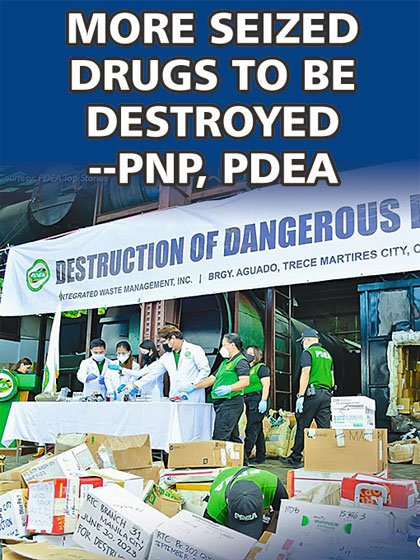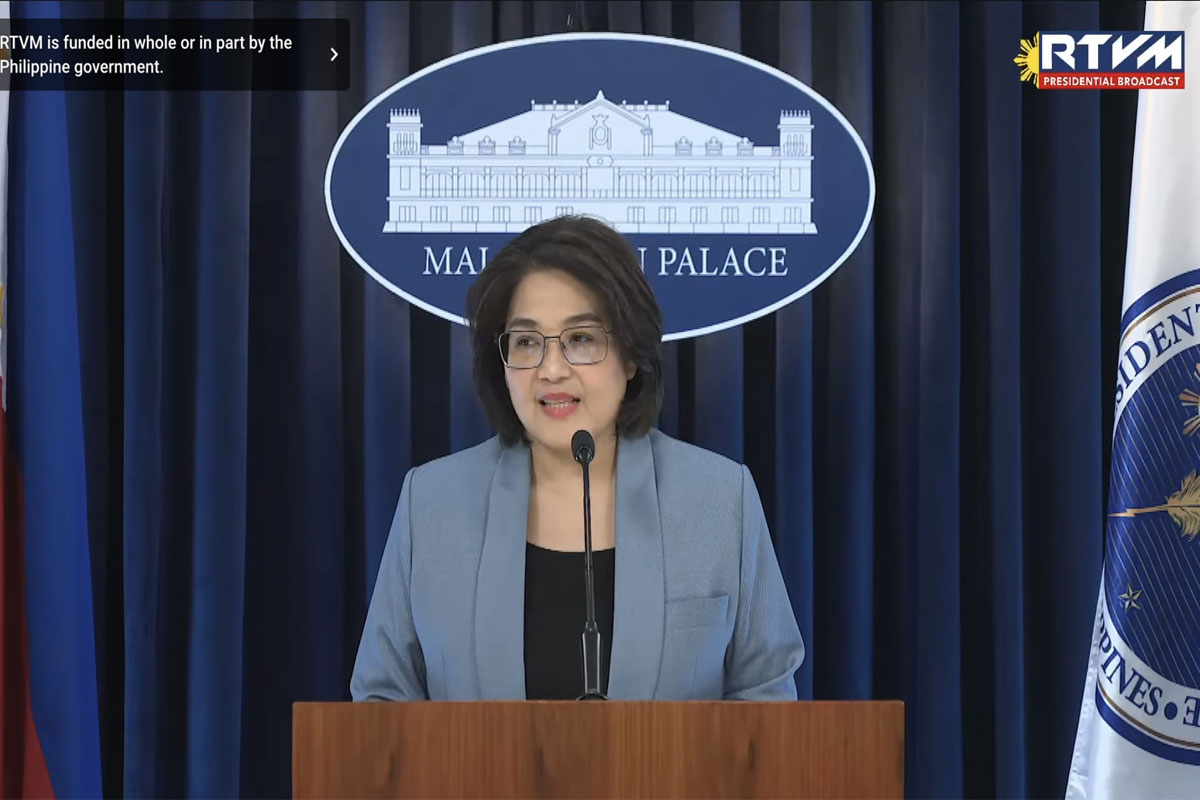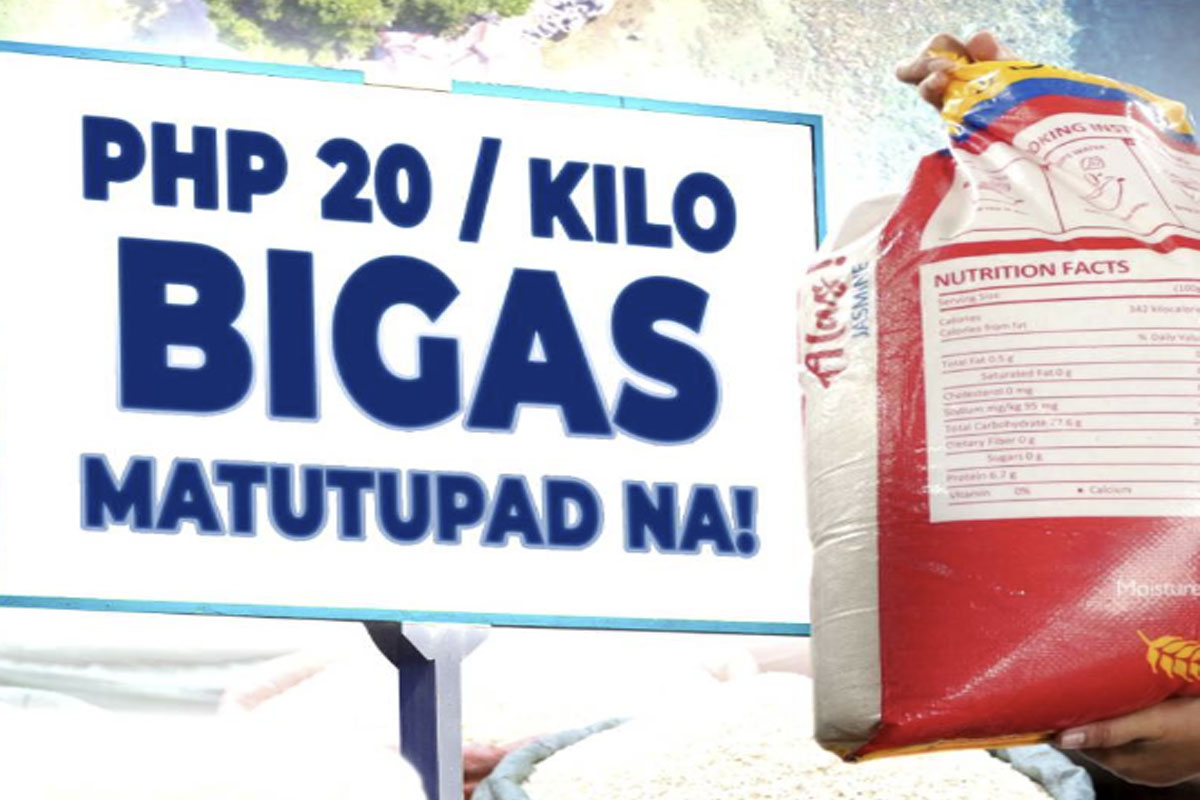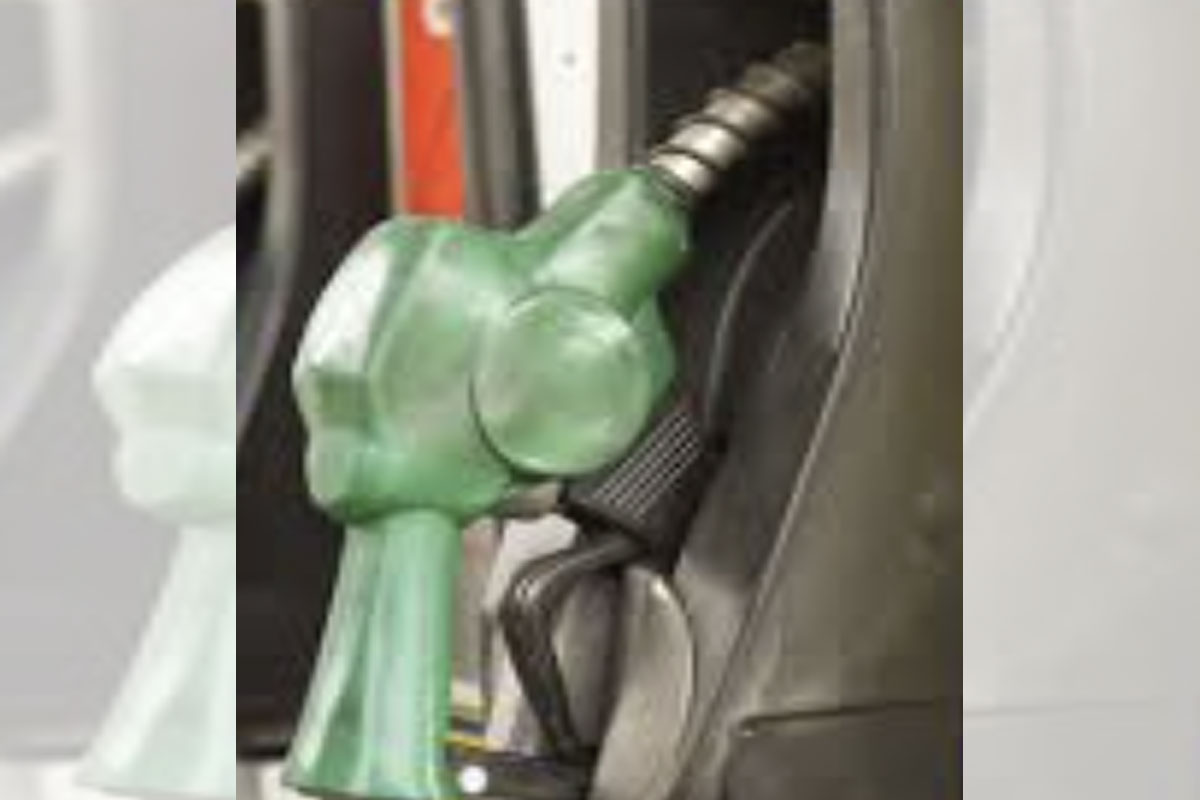
More seized drugs to be destroyed–PNP, PDEA
 AS ordered by President Ferdinand R. Marcos Jr., more shabu and other prohibited substances seized or to be seized by the Philippine National Police (PNP) and the Philippine Drug Enforcement Agency this year will be immediately destroyed to deter suspicions they could be recycled and peddled back on the streets, officials assured.
AS ordered by President Ferdinand R. Marcos Jr., more shabu and other prohibited substances seized or to be seized by the Philippine National Police (PNP) and the Philippine Drug Enforcement Agency this year will be immediately destroyed to deter suspicions they could be recycled and peddled back on the streets, officials assured.
The PDEA, headed by Director General Moro Virgilio M. Lazo, and the PNP under General Benjamin Acorda Jr., also vowed to ensure that confiscated drug evidence is securely locked before being ‘incinerated’ upon orders by the court.
Previously, the Supreme Court has reminded all Regional Trial Courts in the country to strictly comply with the requirements of Section 21 (4) of Republic Act 9165 or the Comprehensive Dangerous Drugs Act of 2002 on the immediate destruction of confiscated illegal drugs weighing five kilograms or more.
The law provides that “after the filing of the criminal case, the court shall, within 72 hours, conduct an ocular inspection” of the confiscated, seized illegal drugs or precursor chemicals and “through the PDEA shall within 24 hours thereafter proceed with the destruction or burning of the same”, provided, that a representative sample, duly weighed and recorded is retained.
From July 1, 2022 to last November 30, the Agency has led the destruction of nearly P34 billion worth of confiscated shabu and around P274 million worth of marijuana plants and seedlings.
Also incinerated during the period were around P5.3 billion worth of cocaine, MDMA, Diazepam, Ephedrine, Ketamine, Codeine, GBL, liquid marijuana, liquid meth, Amphetamine, Methylephedrine, Toluene, Nitrazepam, Dimythyl Sulfone and Midazolam.
Last October, the PDEA chief led the destruction of nearly P6 billion worth of shabu and other dangerous drugs and substances seized.
Those destroyed at the Integrated Waste Management, Inc. a special treatment facility in Barangay Aguado in Trece Martires City in Cavite, were valued at P5,968,744,462.01.
The destroyed drugs were composed of 274 kilograms of methamphetamine hydrochloride (shabu) seized at the Manila International Container Port last October 6 and the 208 kilograms of Dimethyl Sulfone, a shabu extender recovered by the National Bureau of Investigation in Mabalacat, Pampanga on August 25.
The destroyed stockpile of illegal drugs had a total weight of 1,019,204.7581 grams. They are composed of 471,478.0639 grams of shabu, 312,993.9424 grams of Marijuana and 208,909.00 grams of Dimethyl Sulfone, which were reported by the NBI as shabu although they turned out to be shabu extenders during a laboratory examination.
Officials explained Dimethyl sulfone is a cutting agent and the same as an ‘adulterant’ which, when added to a kilo of processed shabu will produce more than a kilo of shabu.
Last March 2023, the Agency also destroyed P19.9 billion or 3.7 tons worth of dangerous drugs in Cavite.
The PDEA has aired its full support to a bill seeking the prompt destruction of seized illegal drugs to put an end to the cycle of drug pilferage and recycling.
“The bill, once approved by Congress, can be a huge prevention effort against drug pilferage and recycling.
Prohibited drugs must be destroyed once and for all before they reach the hands of intended consumers hence, dismissing any communal inkling that those seized by authorities are being recycled or peddled back in the streets,” the Agency said in a statement.
The agency said House of Representatives Bill 9668, or the proposed “Prompt Dangerous Drugs Destruction Act of 2023,” would also give it greater leverage to act on its vested authority to burn seized illegal drugs.
It also welcomed the bill’s provision mandating all law enforcement units to promptly destroy seized illegal drugs no longer needed as evidence in court through incineration facilities for free.
The PDEA expressed hope that legislators would support the bill’s passage. Under the bill, PDEA will designate the cremation facility that would undertake the drug destruction process, giving preference to the facility nearest to the court having jurisdiction over the case or to the place where the dangerous drugs were seized.





















